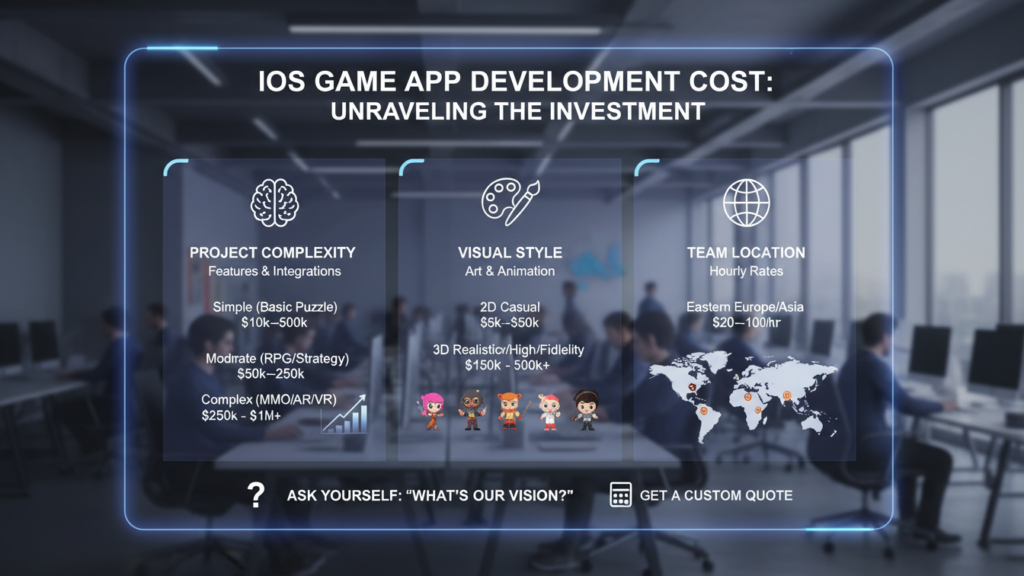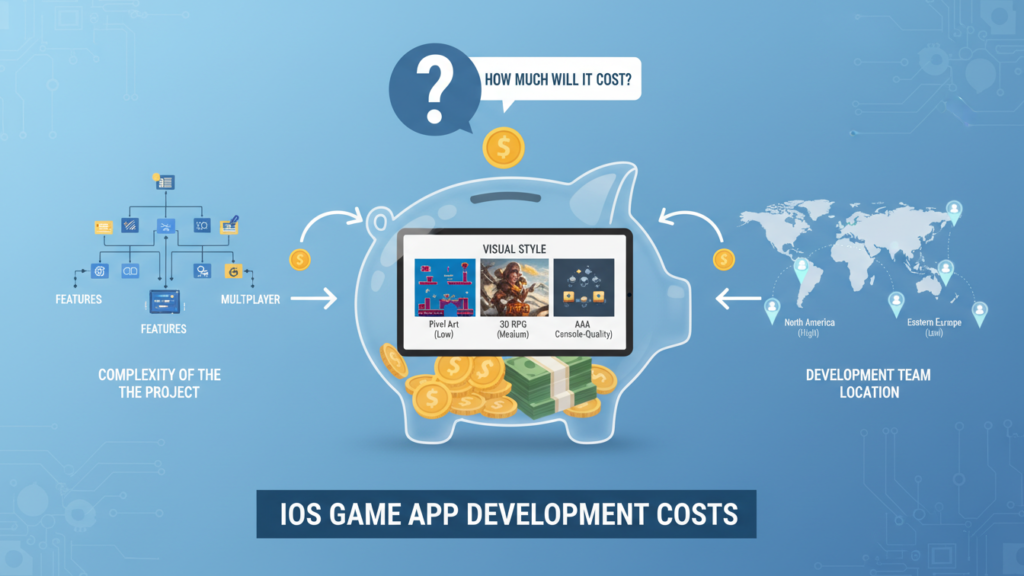Developing a successful app is a complex process that requires careful planning and execution. The success of an app depends on several factors, including defining the target audience, selecting the right platform, designing an intuitive user interface (UI), optimizing performance, incorporating security features, considering marketing strategies, monitoring analytics and feedback, staying up-to-date with industry trends, considering legal and regulatory issues, launching and maintaining the app. In this article, we will explore each of these factors in detail to help you create an app that stands out from the competition.
Defining your target audience is critical for developing an app that meets users’ needs and provides value to them. To define your target audience, you need to understand their preferences, behaviors, and pain points. You can do this by conducting market research, analyzing user data, or using online surveys. Once you have a clear understanding of your target audience, you can create an app that addresses their requirements, making it more likely that they will download and use it.

Choosing the right platform is another essential factor in app development. Each platform has its strengths and weaknesses, and you need to choose one that meets your target audience’s needs and goals. For example, if you’re building a gaming app, you might choose a mobile platform that supports high-quality graphics and fast performance. On the other hand, if you’re building an enterprise app, you might choose a web or desktop platform that offers more features and customization options.
Designing an intuitive user interface (UI) is crucial for the success of an app. A well-designed UI should be easy to use, visually appealing, and optimized for the target audience’s needs. You need to consider the user experience (UX) when designing your app’s UI. For example, if you’re building a social media app, you might choose a UI that allows users to quickly share content and connect with friends and followers.
Optimizing an app’s performance is essential for its success, especially for mobile apps. Slow loading times, crashes, and freezes can cause users to abandon your app. To optimize an app’s performance, you need to consider factors such as compression algorithms, caching, and code optimization. Additionally, you should test your app on various devices and network speeds to ensure it performs well in all scenarios.
Incorporating security features is critical for protecting user data and preventing cyber attacks. You need to incorporate security features such as encryption, secure authentication, and regular updates to protect your app’s users. For example, if you’re building a banking app, you should ensure that all financial transactions are encrypted and securely stored.
Considering marketing strategies is essential for promoting your app and attracting new users. You can use various marketing strategies such as social media advertising, influencer marketing, and app store optimization (ASO). ASO involves optimizing an app’s metadata, keywords, and screenshots to improve its visibility in the app stores.
Monitoring analytics and feedback is essential for improving an app’s performance and user experience. You need to track metrics such as downloads, usage, and user engagement to identify areas of improvement. Additionally, you should consider user feedback and incorporate suggestions into future updates.
Staying up-to-date with industry trends is crucial for success in the app development industry. You need to stay informed about new tools, frameworks, and APIs that can help you develop better apps more efficiently. Additionally, you should attend conferences and workshops to network with other developers and learn from industry experts.
Considering legal and regulatory issues is essential for app developers. You need to consult with legal experts to ensure that your app complies with all relevant regulations and avoids any legal issues. For example, data privacy laws such as the General Data Protection Regulation (GDPR) and the California Consumer Privacy Act (CCPA) require app developers to protect users’ personal information and obtain their consent before collecting it.
Launching and maintaining an app is crucial for success. You need to thoroughly test your app before launching it, and have a plan in place for ongoing maintenance and updates. Additionally, you should consider hiring a dedicated team to handle app development, marketing, and support to ensure that your app continues to perform well over time.
In conclusion, developing an app that stands out from the competition requires careful consideration of essential factors such as target audience, platform selection, UI design, performance optimization, security features, marketing strategies, analytics monitoring, industry trends, legal issues, and ongoing maintenance. By following these guidelines and staying informed about the latest developments in app development, you can create an app that engages users and achieves your business goals.



